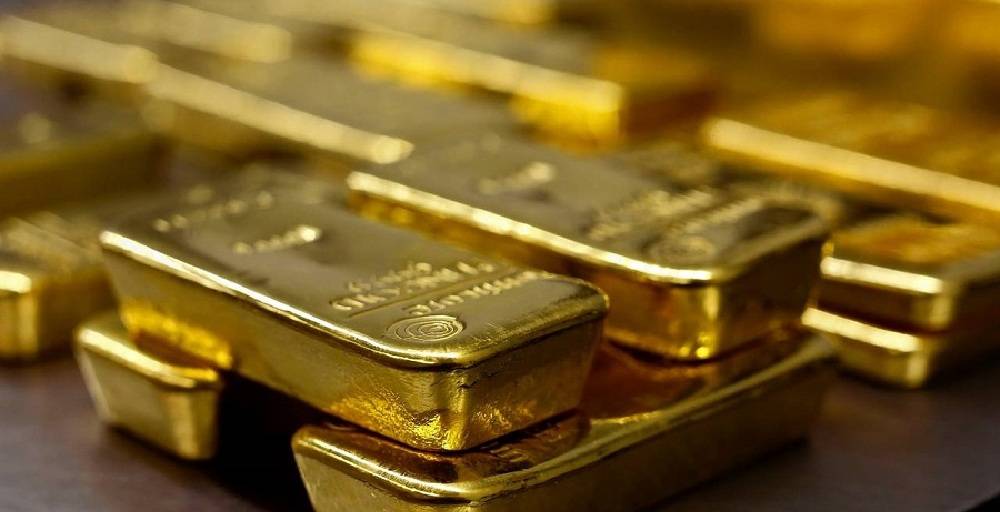
Kazakhstan expanded its gold reserves yet again in December to boost the country’s holdings 16 percent in 2015 from a year earlier, according to figures from the International Monetary Fund.
Kazakhstan raised its stash to 7.13 million ounces in December from 7.03 million in November and 6.17 million a year earlier, data on the IMF’s website showed. The country increased holdings for the 39th month. While Turkey’s reserves rose to 16.57 million ounces in December from 16.39 million a month earlier, holdings were lower than 17.01 million a year ago. Canada cut holdings to 54,790 ounces last month after holding 96,000 ounces since December 2013.
National Banks including China and Russia’s have been beefing up holdings of gold over 2015 and net purchases have become a “familiar theme” in the global market, according to the World Gold Council. While gold dropped 10 percent last year as the Federal Reserve started to raise interest rates, prices have rebounded in 2016 on volatility in global equity markets and concerns that China may weaken its currency further.
“We’ll still see central banks as net buyers,” said Daniel Hynes, senior commodity strategist at Australia & New Zealand Banking Group Ltd. “Markets have been so volatile over the past six months, I suspect there may be some component of safe haven-buying but essentially it’s related to diversification.”
Commodity Rout
In the third quarter, central banks boosted bullion purchases to the second highest on record, according to the WGC’s quarterly report. Figures from the People’s Bank of China show the country has boosted holdings 6.3 percent since announcing in July a 57 percent jump in the previous six years.
Bullion has rallied 5.7 percent to $1,121.32 an ounce this year, according to Bloomberg generic pricing, as global stocks tumbled 7.7 percent. Gold prices sank to $1,046.44 an ounce on Dec. 3, the lowest since February 2010.
The data shows further accumulation by central banks, especially by commodity-centric emerging countries that have faced pressures to devalue as a result of lower raw material prices, according to Vyanne Lai at National Australia Bank Ltd.
“The recent global equity rout triggered by Chinese economic slowdown fears has intensified these pressures, which will see these central banks increase their exposures to gold as a way to diversify some of the currency risks,” Lai said ahead of the data.
Photo: www.minews.ir







